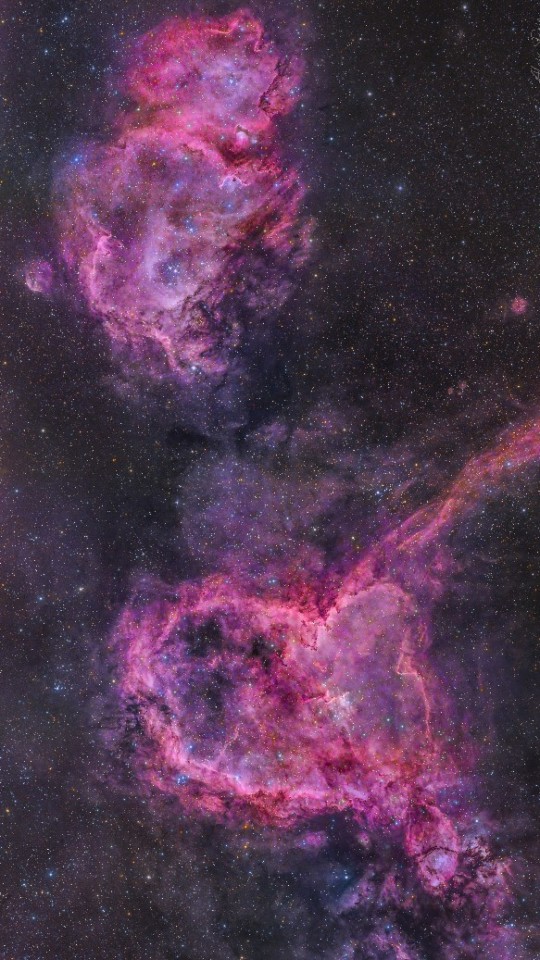Embark on an interstellar odyssey with us as we delve into the cosmos and unravel the mysteries of the universe! 🌌✨ Explore the vastness of space, marvel at celestial wonders, and dive into the realms of astronomy. This Tumblr is your cosmic portal to breathtaking visuals, cosmic phenomena, and the endless wonders that await beyond our atmosphere. Join the cosmic conversation and let your imagination soar among the stars! 🚀🔭 #SpaceExploration #CelestialWonders
Don't wanna be here? Send us removal request.
Text
thinking about space cat making biscuits into little baby stars
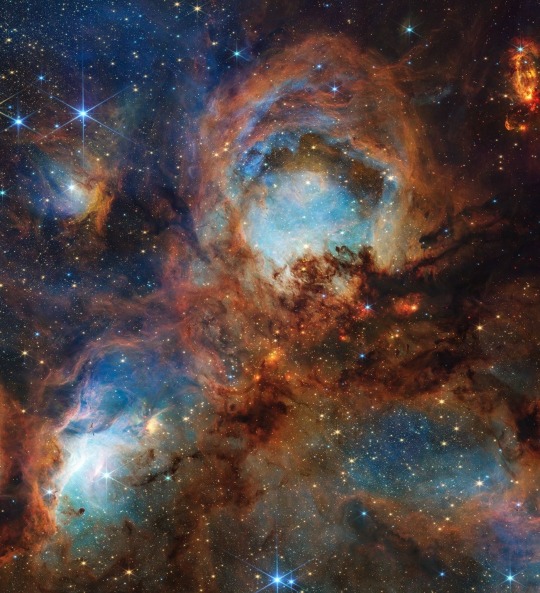
19 notes
·
View notes
Photo
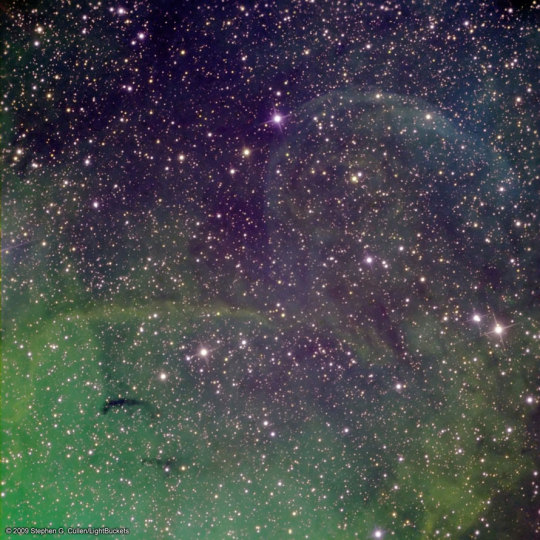
Possible Jet Blown Shells Near Microquasar Cygnus X1
Credits: Steve Cullen
126 notes
·
View notes
Text

Eris, the dwarf planet that demoted Pluto of it's planet status in 2005
285 notes
·
View notes
Text




Orion Nebula by NASA Hubble Space Telescope
3K notes
·
View notes
Text
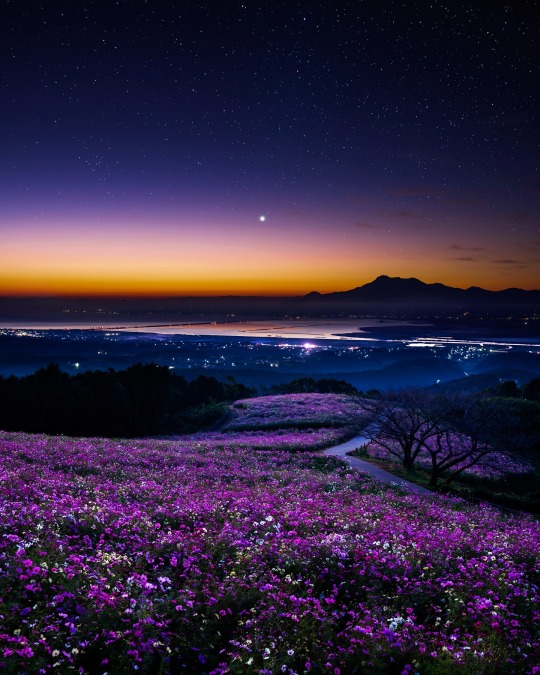
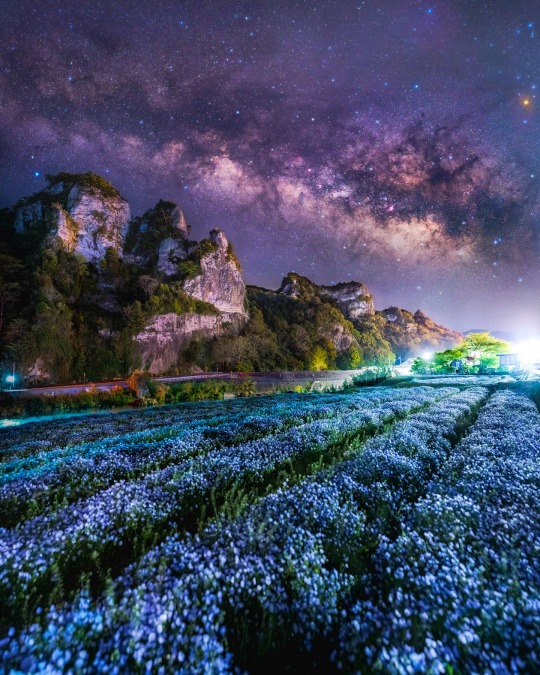
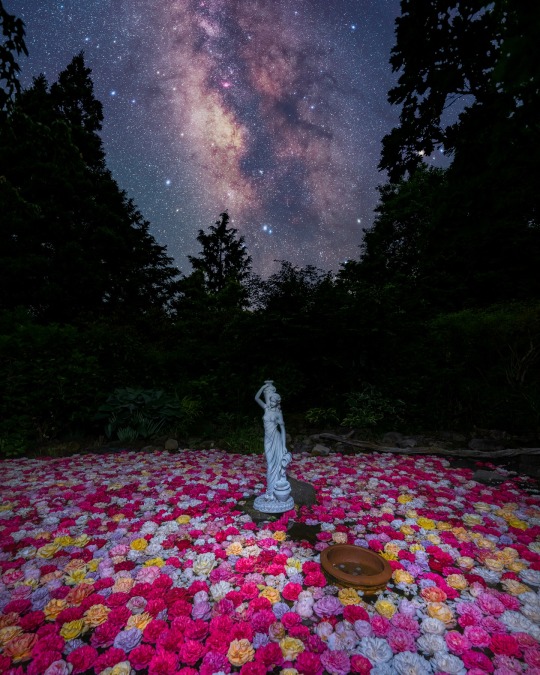
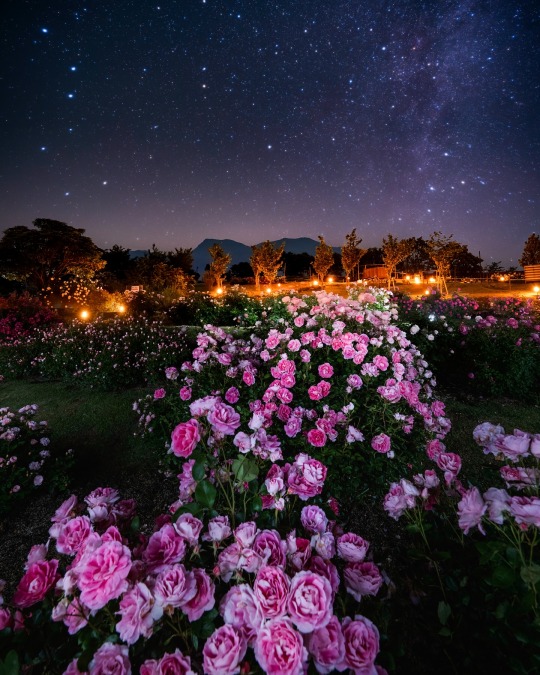
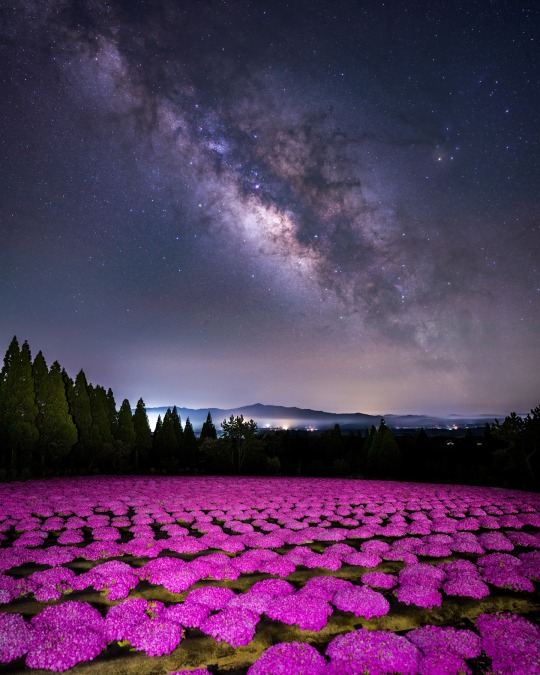
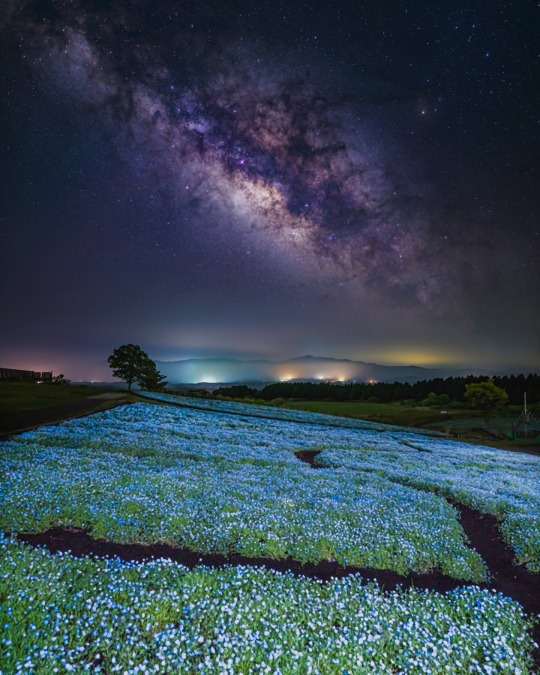
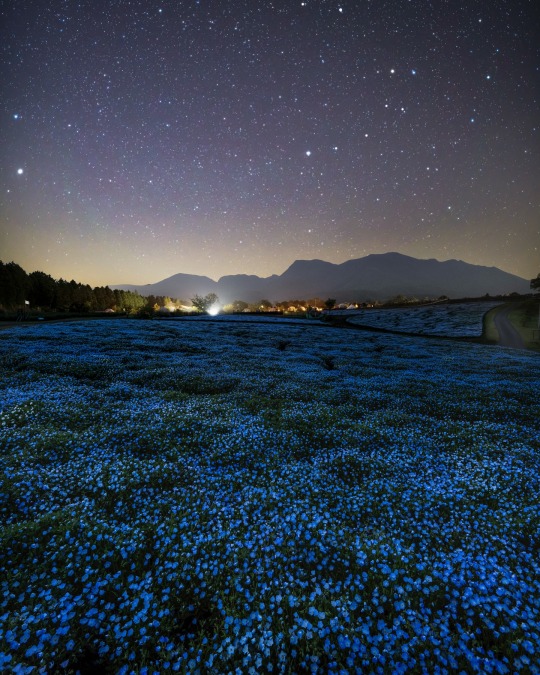
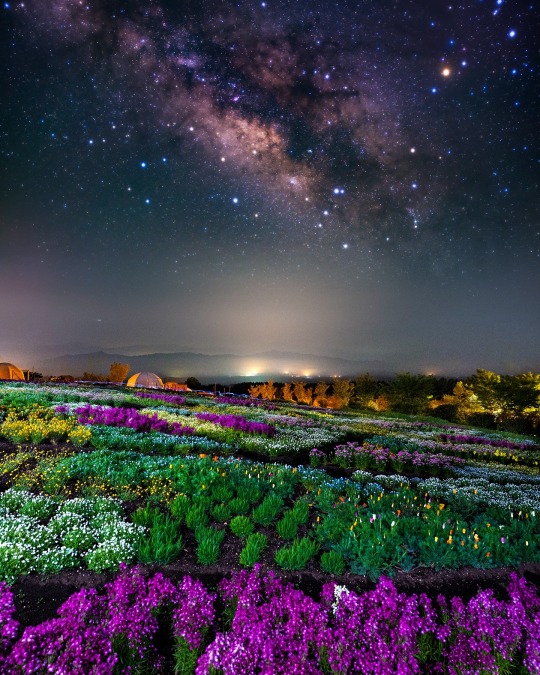
Starry sky & flower fields, Kyushu
astrailor_jp
2K notes
·
View notes
Text
The clearest image ever captured of Mimas, Saturn's moon!

453 notes
·
View notes
Photo
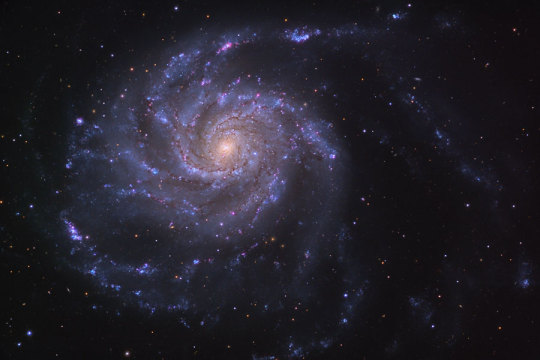
M101: The Pinwheel Galaxy
Credits: Adam Block, Mt. Lemmon SkyCenter, U. Arizona
600 notes
·
View notes
Photo
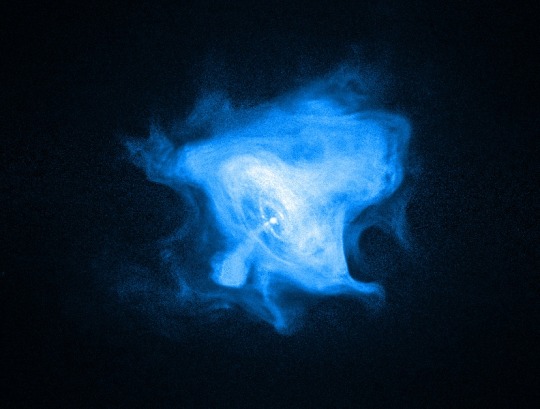
Crab Pulsar Wind Nebula
Credits: NASA, CXC, SAO, F. D. Seward,W. H. Tucker, R. A. Fesen
71 notes
·
View notes
Text
Astronomy Picture of the Day
2025 April 21

Galaxy Lenses Galaxy from Webb
What looks like a single spiral galaxy is shown with a white center surrounded by inner blue arms and outer red arms.
Image Credit: ESA/Webb, NASA & CSA, G. Mahler
Explanation: Is this one galaxy or two? Although it looks like one, the answer is two. One path to this happening is when a small galaxy collides with a larger galaxy and ends up in the center. But in the featured image, something more rare is going on. Here, the central light-colored elliptical galaxy is much closer than the blue and red-colored spiral galaxy that surrounds it. This can happen when near and far galaxies are exactly aligned, causing the gravity of the near galaxy to pull the light from the far galaxy around it in an effect called gravitational lensing. The featured galaxy double was taken by the Webb Space Telescope and shows a complete Einstein ring, with great detail visible for both galaxies. Galaxy lenses like this can reveal new information about the mass distribution of the foreground lens and the light distribution of the background source.
Authors & editors: Robert Nemiroff (MTU) & Jerry Bonnell (UMCP)
NASA Official: Amber Straughn
A service of: ASD at NASA / GSFC,
NASA Science Activation
& Michigan Tech. U.
25 notes
·
View notes









